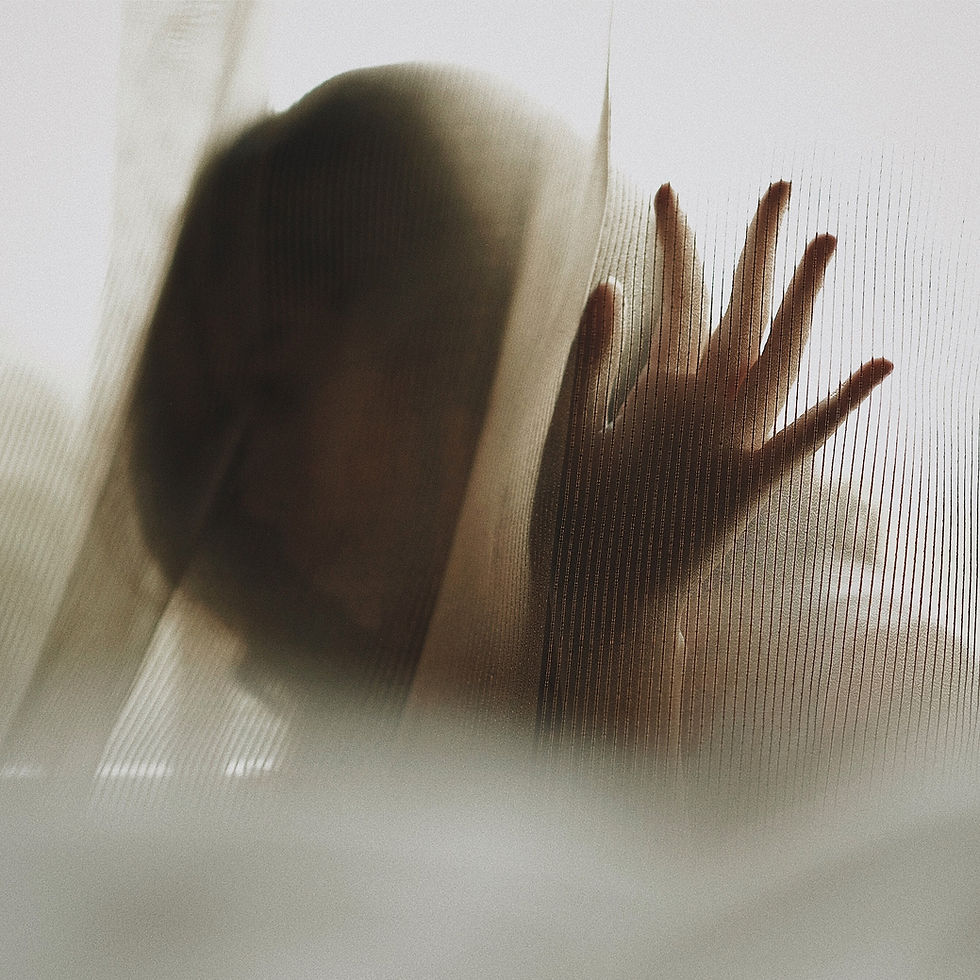The Stand of Dr. Neha Sharma in this campaign
"I am supporting the UNiTE to End Violence Against Women global campaign—because I know what it means to survive, to speak through silence, and to rise again with purpose. I stand not only as a professional, but as a survivor. I stand as someone who has felt the weight of silence and now chooses voice. This stand is not symbolic—it is lived, felt, and deeply personal.
Violence against women is not just a distant issue. It’s here—in homes, institutions, communities—and it is far too often normalised or ignored. But every act of violence leaves a mark, and every story deserves to be seen, heard, and held with care. This is not just about policy or systems. It’s about dignity, safety, healing, and truth.
I stand with survivors—those who have spoken, those who are still finding their voice, and those who carry their stories quietly every day. I stand with this campaign as a survivor, a healer, and a human being who believes that change begins when we refuse to look away. Together, we UNiTE for a world where every woman is safe, heard, and free."
End Violence Against Women and Girls
As part of UN Women’s UNiTE to End Violence Against Women global campaign, Dr. Neha Sharma stands with survivors, and changemakers worldwide in a bold movement for hope, healing, and transformative justice.
Violence against women and girls is a global crisis—one that transcends borders, cultures, and communities. From domestic abuse and emotional manipulation to workplace discrimination, forced marriage, and structural inequality, the violence takes many forms.
But the impact is universal: pain, silence, disempowerment, and often invisibility.

Why This Campaign Matters
Violence against women is not confined to headlines. It lives in homes, systems, workplaces, and institutions—often invisible, often unspoken. From trauma survivors to displaced women, from mothers to migrants, women everywhere deserve more than protection—they deserve power, voice, and visibility.
Through this campaign, Dr. Sharma aligns with a global call to:
-
Raise awareness of gender-based violence in all its forms
-
Promote survivor-led healing and justice
-
Transform systems that enable harm
-
Support policies and community programs that centre safety and dignity
What We Stand For
We stand for a world where every woman and girl can live free from fear, violence, and silence. We believe that dignity, safety, and equity are not privileges—they are rights. Our stand is clear: violence in any form—physical, emotional, sexual, economic, or systemic—must be named, challenged, and dismantled.
-
We stand with survivors.
-
We stand with communities who break the silence.
-
We stand for justice that listens, systems that protect, and cultures that heal.
What We’re Doing
We are not waiting for change—we are creating it.
-
Raising Awareness: Hosting conversations, forums, and campaigns to challenge silence and stigma.
-
Building Safe Spaces: Creating culturally responsive healing circles, mental health programs, and community care hubs.
-
Advocating for policy reforms that protect women’s rights and hold perpetrators accountable
-
Working with faith leaders, schools, and social institutions to shift cultural norms
-
Partnering with survivors and professionals to build trauma-informed, culturally responsive care models
-
Mobilising action during the 16 Days of Activism (Nov 25 – Dec 10) with events, walks, and campaigns across regions
Why This Matters – Now More Than Ever
Violence against women is a global emergency—but it often hides in plain sight.
-
One in three women worldwide has experienced physical or sexual violence in her lifetime.
-
Conflicts, economic instability, migration, and health crises have exacerbated risks for women and girls.
-
In many cultures, stigma and silence still isolate survivors, preventing healing and justice.
-
Women of colour, migrants, LGBTQ+ individuals, and those with disabilities face layered and often ignored forms of violence.
This is not a future problem. It is a now problem. And now is the time to speak, stand, and act.